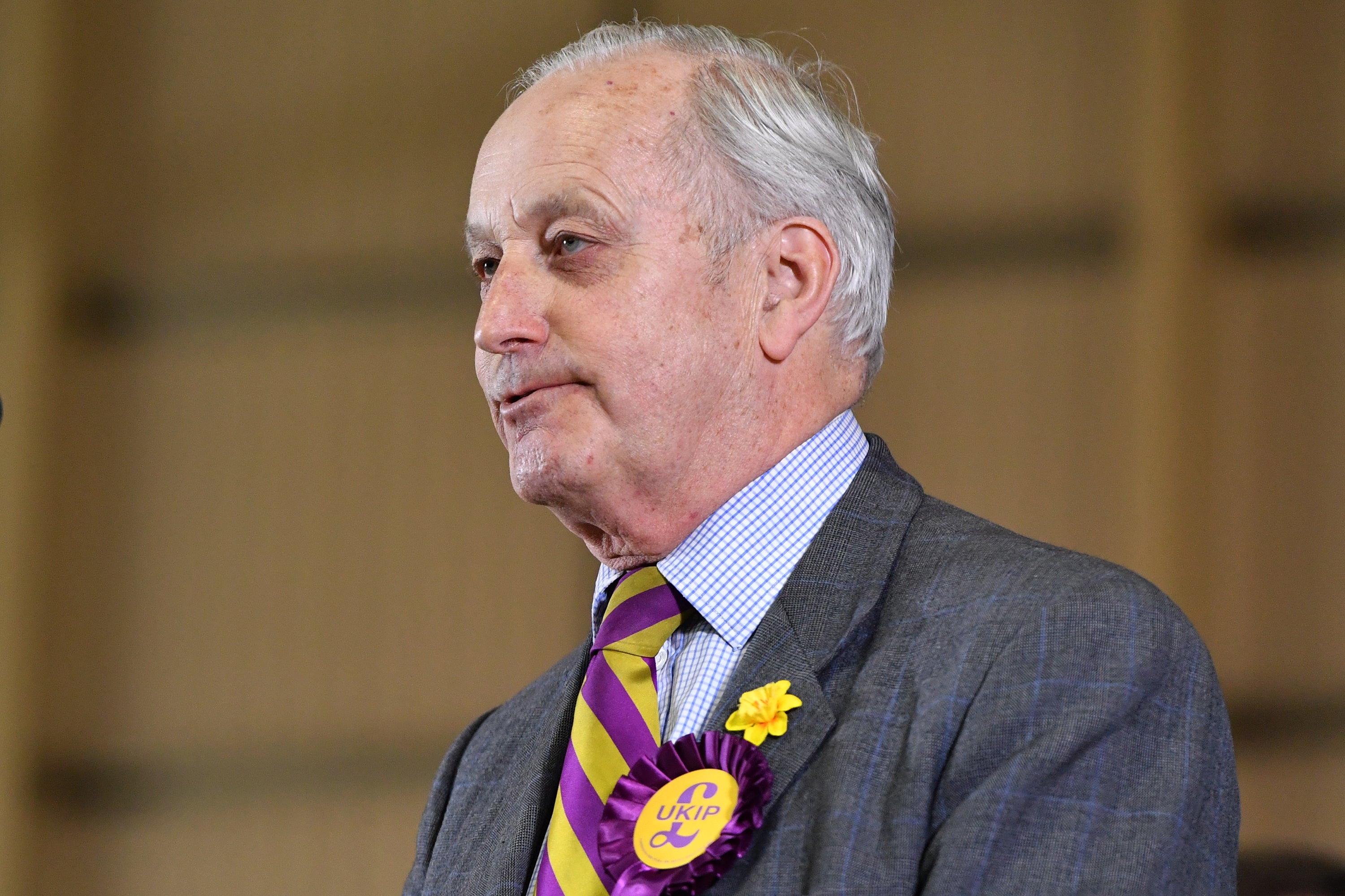Another leader takes the helm as Ukip tries to steer away from irrelevance
Neil Hamilton takes charge of a party struggling with an identity crisis after Brexit, says Ashley Cowburn


Ukip won more than 3 million votes in 2015, persuaded Conservative MPs to defect to its ranks and was instrumental in campaigning for Brexit. But on Monday, the party, which has descended into irrelevance, announced its new leader, generating little fanfare.
The majority of national newspapers struggled to find a slot for the story that former Tory MP Neil Hamilton had been elected. He had served as acting leader following the suspension of Freddy Vachha, who proclaimed, perhaps unwisely, last year that the party was “back in business” after years of changing leaders.
While The Daily Telegraph did mention Ukip in its news pages, reference to the leadership election was absent. Instead, there was a passing reference to its most prominent leader, Nigel Farage, in an article about the most popular baby names in England and Wales. Despite being ranked among the top 30 names in the 1950s and 1960s, no boys were named Nigel in 2020.
Ukip’s own demise has happened at a much quicker pace and is reflected in the party’s declining performance at the most recent nationwide votes.
With Farage at the helm in 2015, Ukip won 3,881,099 votes. The following year the party – founded in 1993 with the “fundamental purpose” for Britain to leave the EU – celebrated as the country voted for Brexit.
Two years later, the party secured 594,068 votes and when Boris Johnson called a snap election in the winter of 2019, the party attracted a mere 22,817 votes (albeit, 10,000 more than the short-lived Independent Group for Change).
Farage, who resigned after the EU referendum in 2016, made way for Paul Nuttall, who in turn resigned after his poor electoral performance one year later – insisting in his resignation speech the party would continue to be the “guard dogs of Brexit”.
Unfortunately for Ukip, Farage eventually returned to frontline politics with the newly formed Brexit Party (now under the banner of Reform UK) bringing with him many of his supporters.
While he swept to victory in the 2019 European parliament – outperforming both Labour and the Conservatives – Ukip lost all of its representation, and with it critical funding. In recent years, the party has also drifted towards the far right. Among its policies, it now calls for a national referendum on “net zero migration”.
As a party with zero representation in the Commons and a never-ending conveyer belt of short-term leaders with little public recognition, and one that barely features on headline Westminster voter intention polls, it is perhaps no surprise the party which has all but collapsed failed to attract much publicity when it unveiled its new leader on Monday evening.



Join our commenting forum
Join thought-provoking conversations, follow other Independent readers and see their replies
Comments